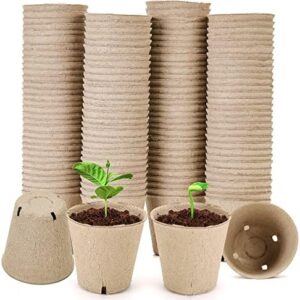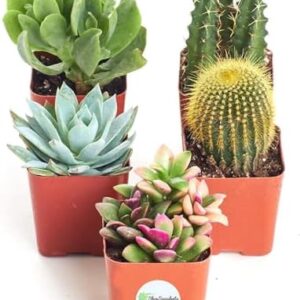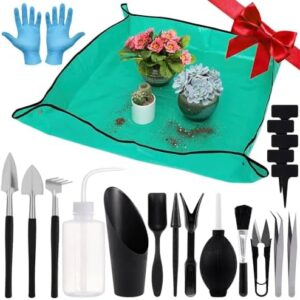In recent years, there has been a growing shift towards more sustainable and environmentally friendly practices in every aspect of our lives. This includes the way we approach gardening and agriculture. Organic gardening, in particular, has been gaining popularity as people begin to understand the importance of growing food in a more natural and eco-friendly way.
Organic gardening is all about working with nature and mimicking the natural processes that occur in the environment. This means using natural fertilizers, compost, and avoiding synthetic pesticides and chemicals that can harm the soil and surrounding ecosystem. Instead, organic gardeners focus on building healthy soil and promoting biodiversity to create a sustainable and self-sustaining garden that is in harmony with nature.
One of the main principles of organic gardening is to focus on soil health. Healthy soil is the foundation of a successful garden and plays a crucial role in providing essential nutrients to plants. Organic gardeners use techniques such as composting, mulching, and cover cropping to improve soil structure and fertility. By building up the soil in this way, gardeners can create a thriving ecosystem that supports plant growth while also sequestering carbon and reducing greenhouse gas emissions.
Another important aspect of organic gardening is water conservation. As climate change continues to pose a threat to our environment, it is more important than ever to be mindful of how we use water in our gardens. Organic gardening practices such as mulching, drip irrigation, and using drought-tolerant plants can help conserve water and reduce the environmental impact of gardening. By being conscious of water usage and implementing sustainable practices, organic gardeners can help protect our precious water resources and create a more resilient garden that can withstand changing climate conditions.
In addition to promoting soil health and water conservation, organic gardening also focuses on promoting biodiversity. By planting a diverse range of flowers, vegetables, and herbs, organic gardeners can create a healthy ecosystem that supports a wide variety of plant and animal species. This diversity is not only beneficial for the health of the garden but also helps to attract beneficial insects, birds, and other wildlife that can help control pests and pollinate plants. By encouraging biodiversity in the garden, organic gardeners can create a more resilient and sustainable ecosystem that is less susceptible to disease and pest outbreaks.
One of the key benefits of organic gardening is that it can help reduce our reliance on synthetic chemicals and pesticides. Conventional agriculture relies heavily on the use of chemical fertilizers and pesticides to control pests and manage soil fertility. However, these chemicals can have detrimental effects on the environment, including polluting waterways, harming wildlife, and contributing to air pollution. Organic gardening offers a more natural and sustainable alternative that avoids the use of harmful chemicals and promotes a healthier environment for both plants and people.
In addition to its environmental benefits, organic gardening also offers numerous health benefits for the individuals who practice it. By growing food organically, gardeners can avoid exposure to harmful pesticides and chemicals that can have negative effects on human health. Organic produce is also often higher in nutrients and antioxidants than conventionally grown produce, making it a healthier choice for consumers. By growing their own food organically, gardeners can take control of their health and well-being while also supporting sustainable food production practices.
As interest in organic gardening continues to grow, there are many resources available to help gardeners get started. Local gardening organizations, community gardens, and online forums are all great places to connect with other like-minded individuals who share a passion for sustainable gardening. There are also a wealth of books, articles, and online tutorials that can provide valuable information and guidance on how to grow food organically in your own backyard.
Embracing sustainable practices such as organic gardening is not only good for the environment and our health, but it also offers a rewarding and fulfilling experience for gardeners. By working in harmony with nature and following the principles of organic gardening, we can create vibrant and thriving gardens that are not only beautiful and productive but also contribute to a more sustainable and resilient future for our planet. Whether you are an experienced gardener or just starting out, there has never been a better time to embrace organic gardening and join the growing movement towards a more sustainable and environmentally friendly way of living.






